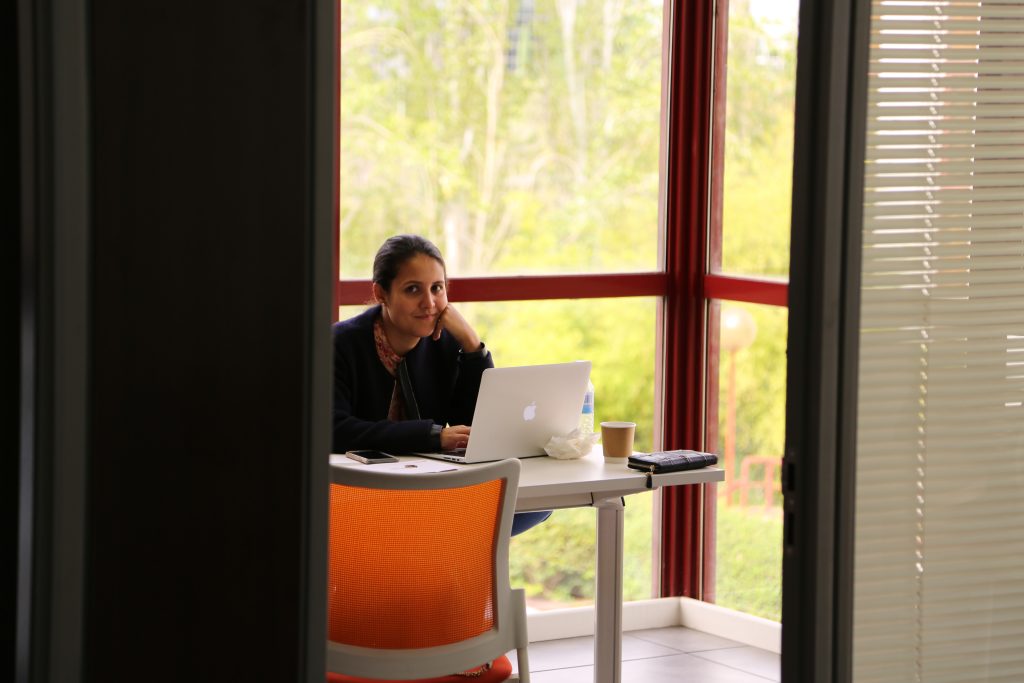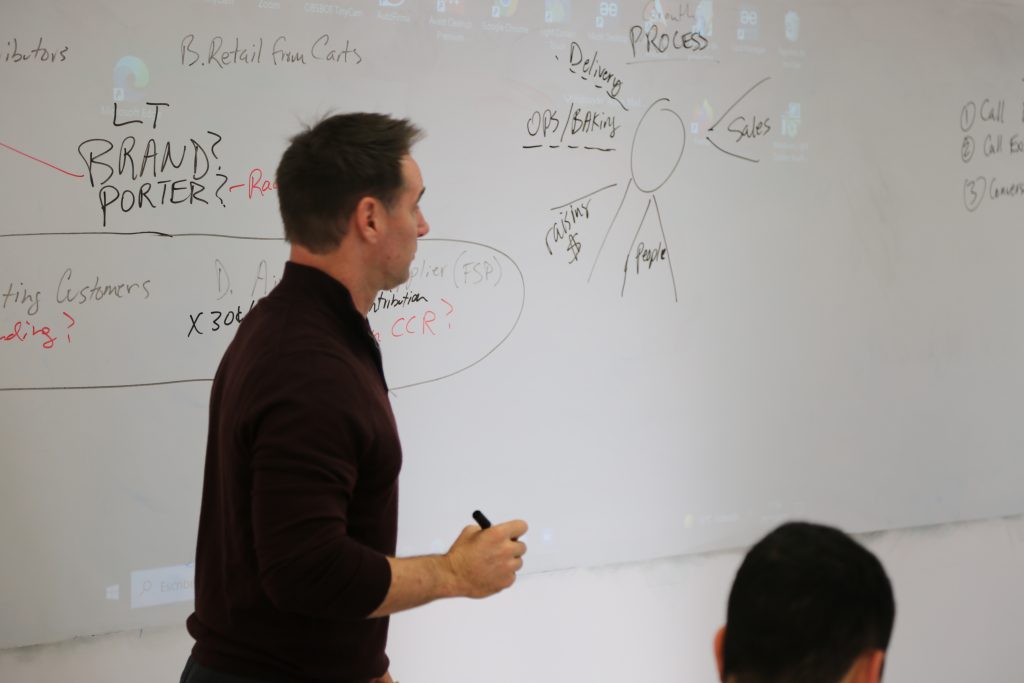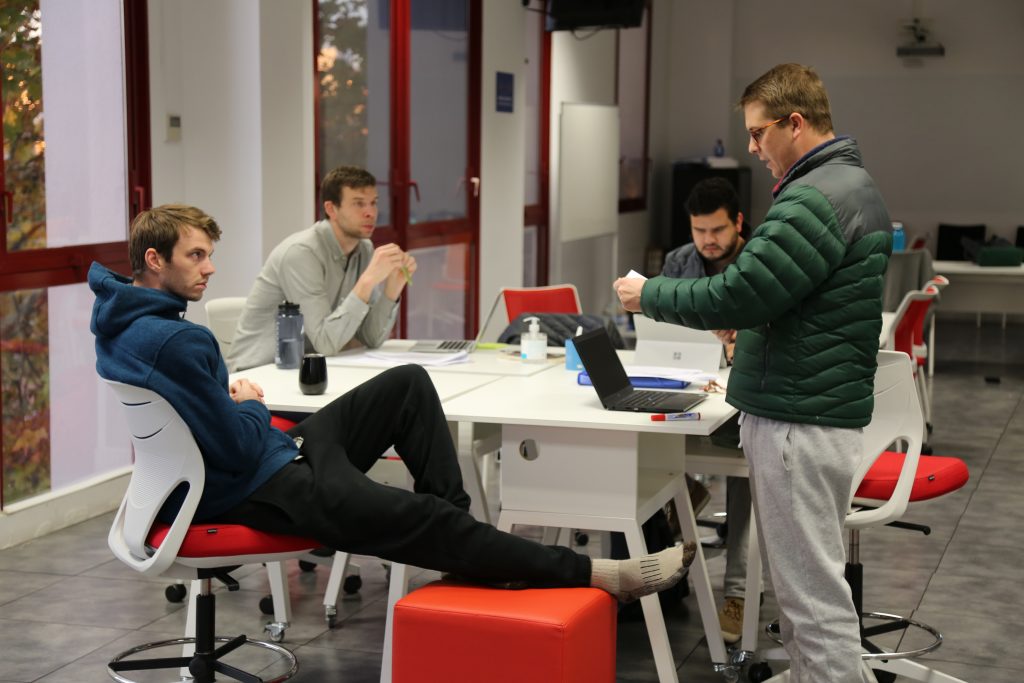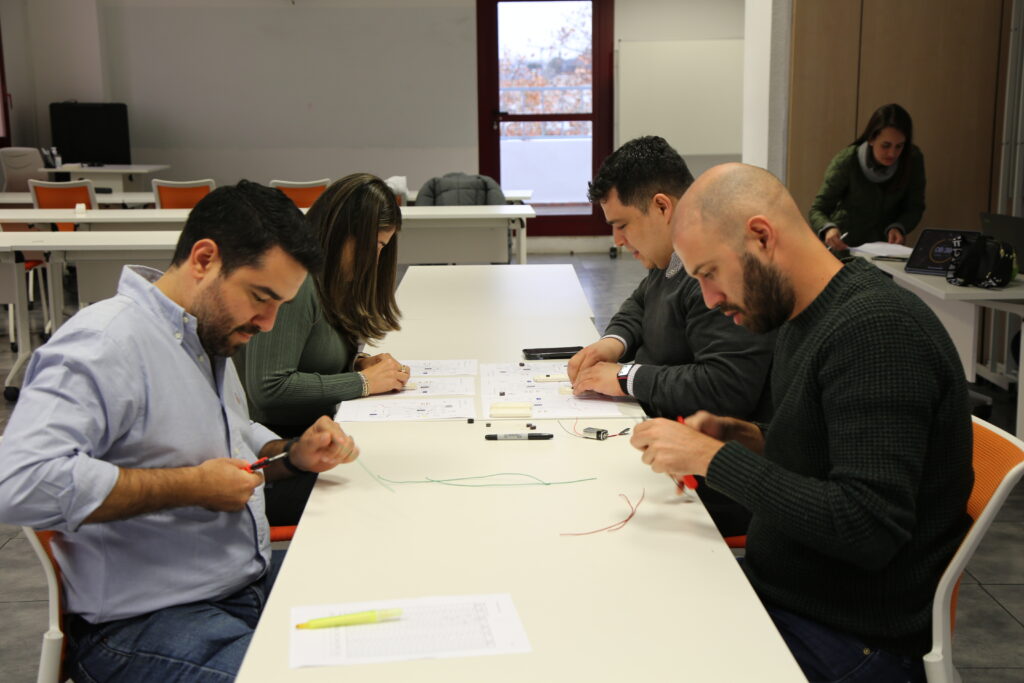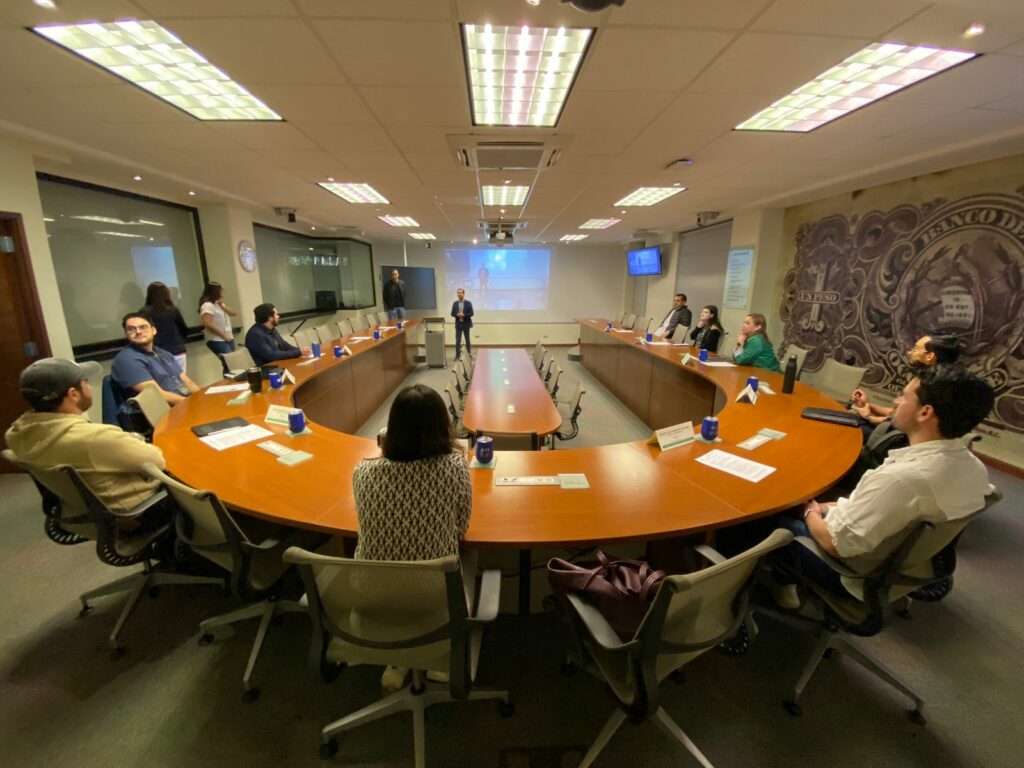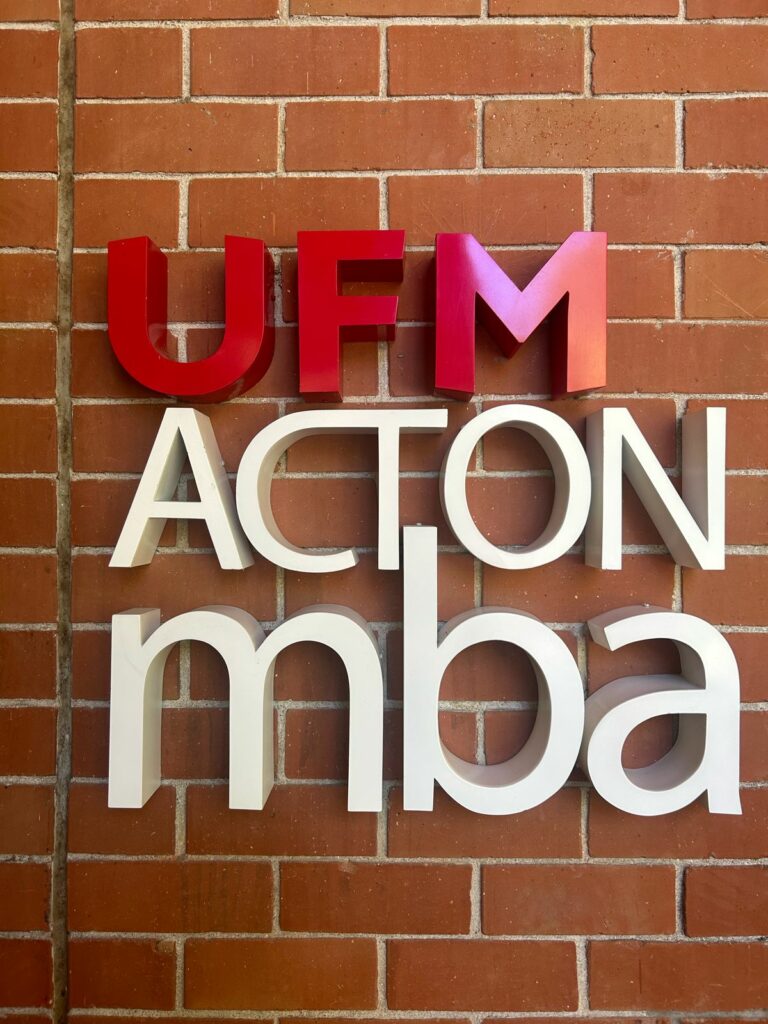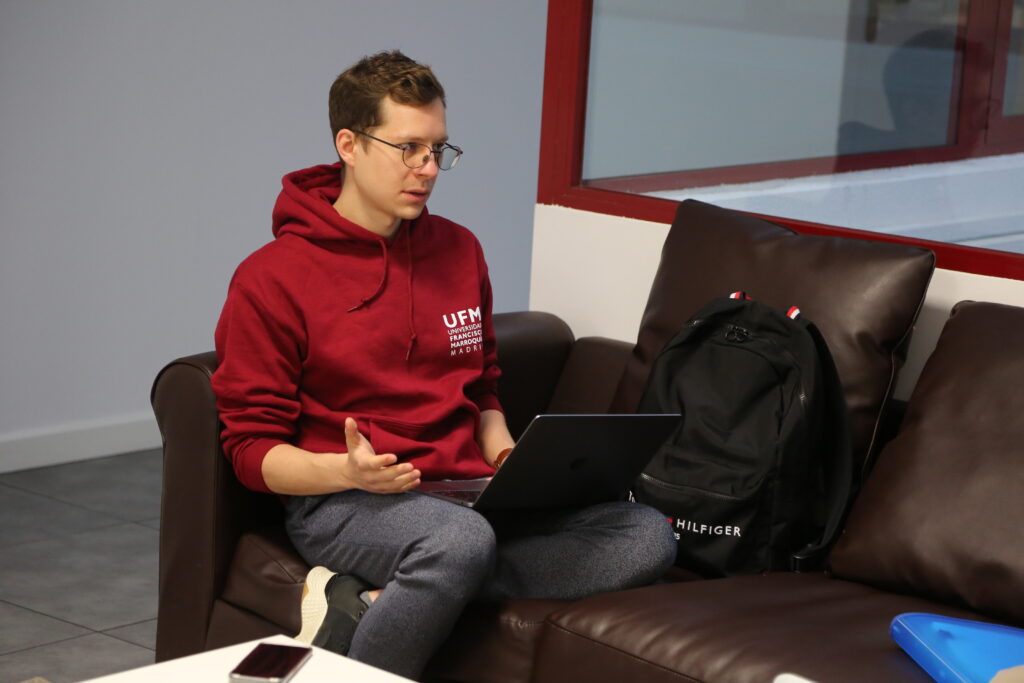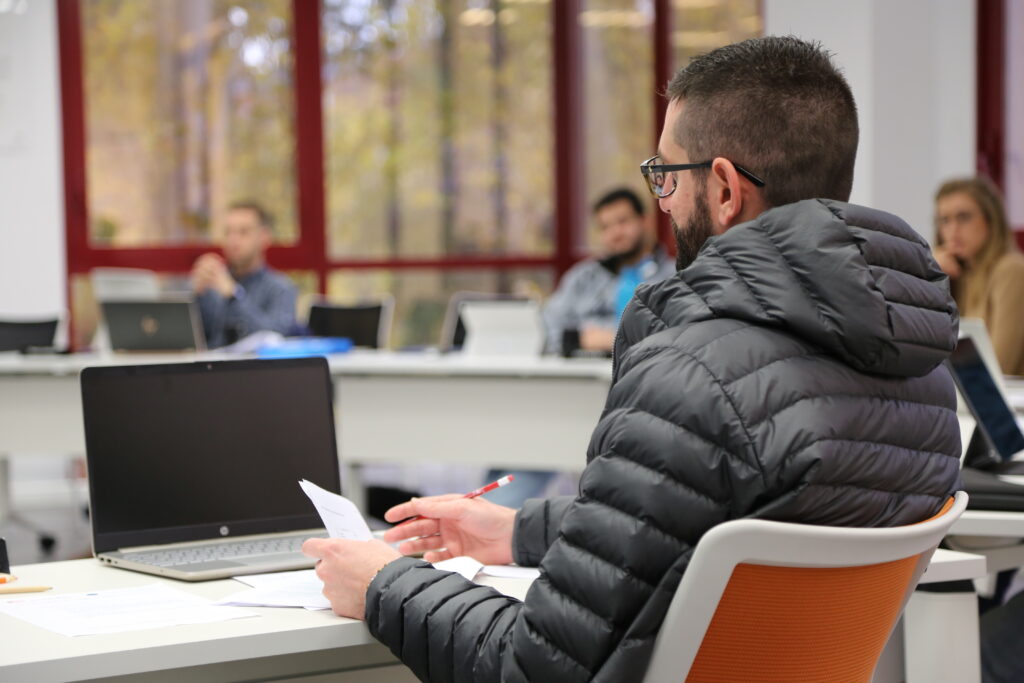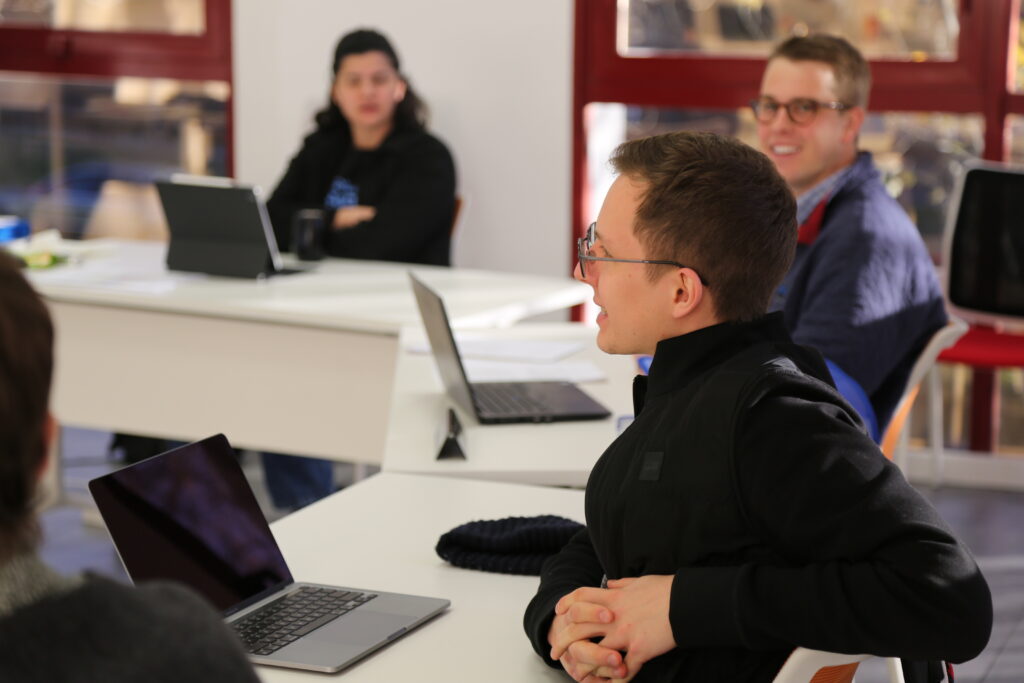How To Fix Business Schools
OCTOBER 7, 2014
Here, asking the right question is seen as far more important than having the right answer.
In response to a recent debate on the Harvard Business Review website about how traditional MBA programs contributed to current economic crisis, Master Teacher Jeff Sandefer had the following comments:
Most business schools don’t care much about students or their journeys through life. Until this changes, ancillary efforts like reforming curriculum or adding ethics courses won’t make much of a difference.
At best, at most schools, the student is seen as a “product,” prepared as fodder for consulting firms or investment banks, private equity funds, and other financial speculators. This is not only dehumanizing but leads to faculty believing that “teaching” is a matter of filling a student’s head with facts and theory, supplied by “all knowing” professors. At worst, the tenured faculty becomes the customer, and being published in an obscure academic journal becomes the key measure for success. Students are seen as an annoyance, to be kept around as window dressing to convince wealthy donors and legislators to keep subsidizing organizations that adds little, if any real value to society.
The loss of student focus has led many business schools to embrace a “pedagogy of arrogance,” where the faculty are seen as wise masters, using (boring) lectures to convey more and more detailed theory and knowledge that is less and less relevant in the real world. Graduates from these schools long to be “masters of the universe,” in a fool’s errand to amass as many riches, power, and fame as possible.
There is another choice, to embrace a “pedagogy of humility.” Here, asking the right question is seen as far more important than having the right answer. Experiential learning demonstrates how business is a matter of trial and error, where perseverance and character count at least as much as financial or accounting skills. A theory is something to be tested in the real world, not simply regurgitated on a test. A student’s mission is to find a “calling,” where he or she can use precious gifts, in a way that brings great joy, serving the needs of others. The faculty’s mission is to help students find that calling.
Our school, Acton, and many brave members of the faculties at Harvard Business School and Darden, continue to cling to a pedagogy of humility, despite an increasingly corrupt academy.
When an organization starts to care more about its own needs than the needs of those it serves, it begins a terminal decline. Most business schools are well beyond this point. I will not mourn their passing, but instead hope for most that it comes sooner, rather than later.
Jeff Sandefer is an entrepreneur and cofounder of and master teacher at the Acton MBA in Entrepreneurship. He is a graduate of Harvard Business School and serves on the HBS Dean’s Committee.
Want to learn more about Acton? Sign up to visit a class or feel free to contact us directly with questions.

